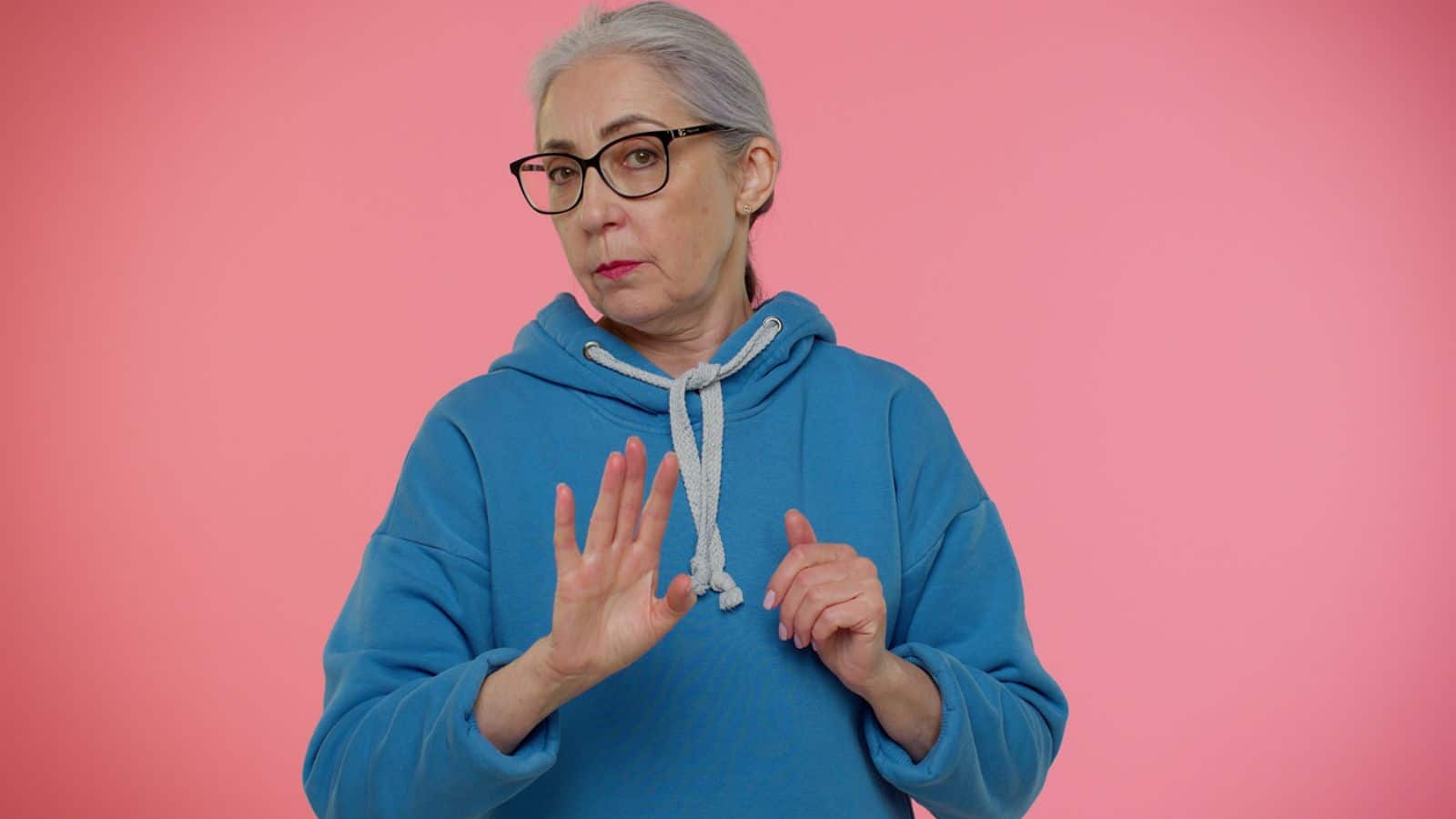No matter your career or financial status, retirement is an important moment in your life. Many people see it as a time to relax and enjoy themselves after working for many years. However, this time can also lead to a number of mental health challenges. For a more fulfilling retirement, it is important to understand these challenges and find strategies to improve your well-being
Changing Your Expectations

It is important to recognize that this is a new phase with its own challenges and opportunities, brace yourself.
Focusing on Positivity

Changing your mindset over retirement can be a very useful strategy. Instead of thinking of it as the end of your working life, think about it as a new opportunity to grow. It’s a time when you can do what makes you happy and learn more about yourself, too. Concentrate on the positive side of things and how this is a time for new beginnings instead.
Recognizing the Challenges

One of the most important things to do is to recognize the signs of depression, anxiety, and other mental health issues. If you recognize these early enough, you may be able to intervene to stop them from becoming worse. There are plenty of resources to teach you about these signs to help you live a healthier and more enjoyable retirement.
Loss of Identity

For many people, work gives them a sense of identity and purpose. As such, retiring may cause them to feel an identity crisis as they struggle to find a purpose for each day without work. This means that it is very important for you to find new sources of self-esteem and fulfillment outside of your professional achievement. Remember – your work is not your life, and your self-worth is not tied to how much work you do or even how much money you make.
Doing Physical Activities

At every stage of life, doing physical activities can help both your physical and mental health. Retirement is no different. Regular exercise can improve your mood and reduce the risk of depression. It can also improve your cognitive function by giving you a sense of accomplishment and purpose. You should aim to do around 1 hour of physical activity every day or so.
Making Social Connections

Another useful strategy can be to build or maintain existing social connections. Having a strong social network can give you emotional support when you need it and help to reduce feelings of loneliness. Additionally, it can also encourage you to take part in activities that are beneficial for both your mind and body.
Community Engagement

If you are struggling to find people to talk to, you can also try engaging with the community with causes that you are passionate about. This can give you a sense of belonging and purpose while also helping you to interact with other people. Research shows that maintaining an active social role can help you to feel more fulfilled during retirement.
The Importance of Financial Security

Studies show that people’s mental health is often tied to their financial security, and during retirement, this connection can become even stronger. It is very common to feel anxious and stressed because you are no longer earning money. To avoid this, try planning and managing your finances in advance to give you peace of mind.
Planning Ahead

To prepare for your retirement, you could work with a financial advisor who can help you create a retirement plan. Make sure you plan the right health care coverage so that you can minimize any extra stress. Even if things don’t turn out exactly how you want, at least you have a plan to fall back on.
New Opportunities

Of course, it is not all negative. There are plenty of unique opportunities during retirement, such as the chance to explore new interests and hobbies. During retirement, you can also try doing volunteer work to give back to the community. Tackling these challenges head-on can keep your brain active, which can help your cognitive skills and improve your overall happiness in life.
Training Programs

Speaking of skills, you don’t have to learn new ones at home. Most community centers offer skill-based training programs to help improve your mental health or to learn something new. There are also programs that can help you specifically deal with some of the challenges of aging and finding new meaning in life.
Keeping Mentally Active

While you are working, you are likely to be continually learning and feeling mentally stimulated, and there is no reason this can’t continue during retirement. Take part in intellectually stimulating activities like reading or puzzles to keep your mind sharp. You could even try learning a new skill or language.
Getting Professional Help

Most importantly, if you are continuing to suffer from mental health issues, then it’s very important that you get some professional help. There is no shame in speaking to a therapist or counselor about your challenges. You can also try joining a support group to talk to people who are in a similar situation to you.
Health Assessment

You should also speak to a professional about getting a health assessment to check your physical and mental health. This can help you identify any underlying issues that you may not even recognize are affecting you. Studies show that approximately a third of all retirees feel depressed, which is more than most adults.
Multicomponent Interventions

Studies also show that participating in multicomponent interventions can drastically improve your mental well-being during retirement. These programs help to improve one’s mental and physical health along with social outcomes. They have shown promising results in helping to improve one’s relationships with others and one’s self-esteem.
Positive Health Programs

Similarly, you can also take part in wellness programs to help maintain a healthy lifestyle. There are several programs that will teach you about how to improve your diet and manage stress. Many of these take place at primary care clinics or community health clubs, and several of these programs are specifically tailored for people in retirement.
Practising Mindfulness

There are many other ways to improve your mental health during retirement that don’t cost a dime. You can try practicing mindfulness through meditation or yoga, which can help you stay connected to yourself. Self-reflection is equally as important, and this can help you to feel calm by giving you a space to understand your personal thoughts and feelings.
Creating a Structure

A simple way to improve your mental health is to create a routine. This will help you structure your day and give you a sense of predictability, similar to a regular workday. It can also help you feel more comfortable and improve your mental health. Try creating a balanced structure with some of the activities we have already shared to give you a sense of purpose and well-being.
Being in Residential Care

If you’re going into residential care, maintaining your mental health is still important. Research has shown that many people struggle with the transition to residential care, which can cause mental health issues. Most residential care places will give you personalized support to help you, and many of them will have community activities for you to take part in.
Using Technology

Using technology as part of your wellness routine can also give you new ways to manage your mental health. Things like robots and telemedicine can improve your physical and mental health, while smartphone apps can keep track of your daily thoughts. Even video games have been shown to improve retirees’ psychological well-being.
Virtual Reality

You can also use virtual reality (VR) to create new environments to help train your memory and improve your balance to fight age-related cognitive issues. It can be useful for things like exposure therapy for people who may struggle with traditional methods. You can also use it to maintain your social connections by keeping in contact with loved ones who may live far away.




